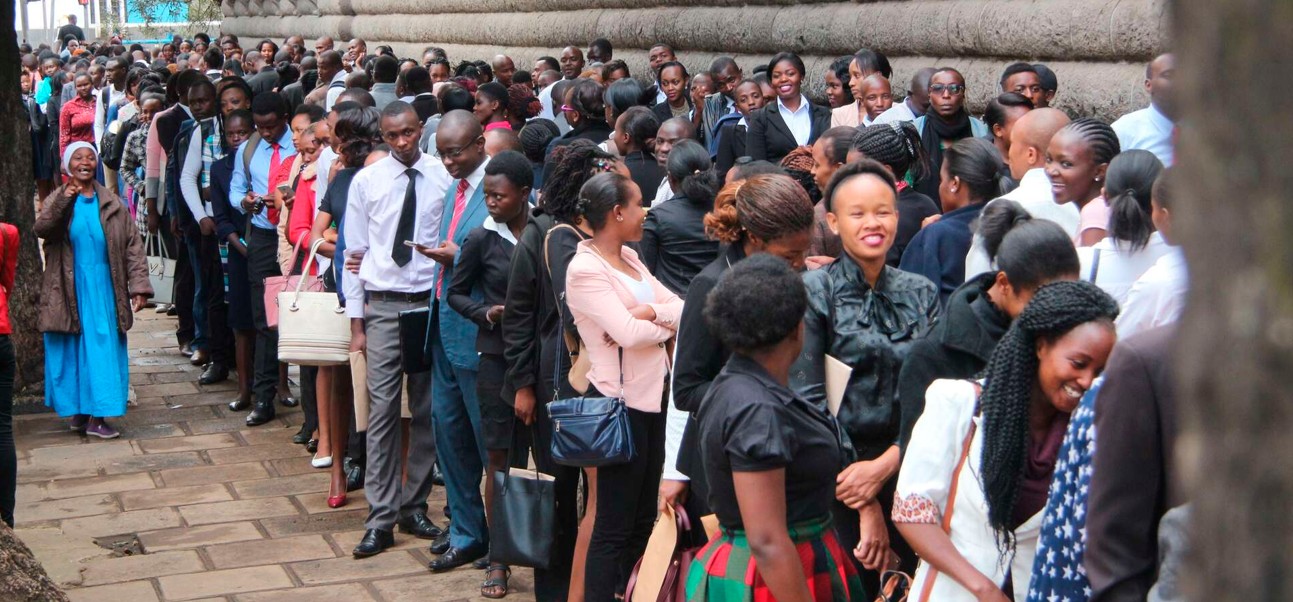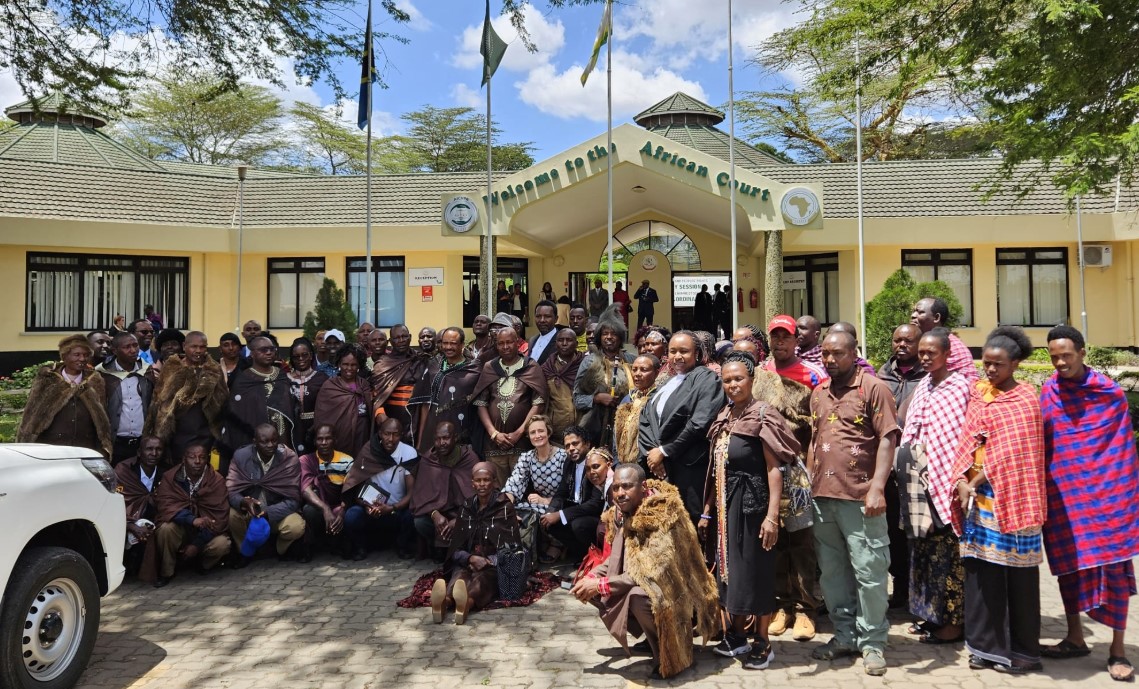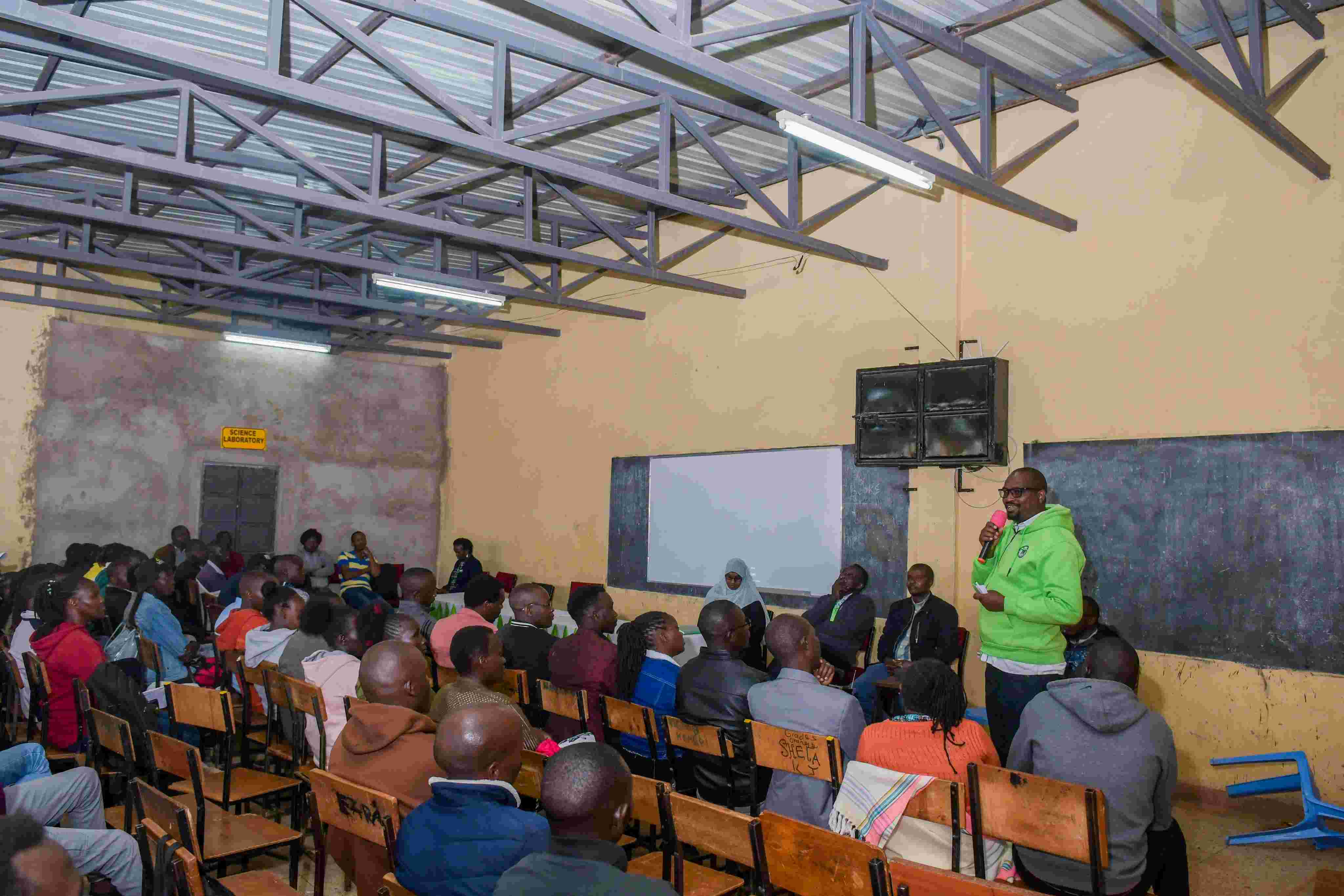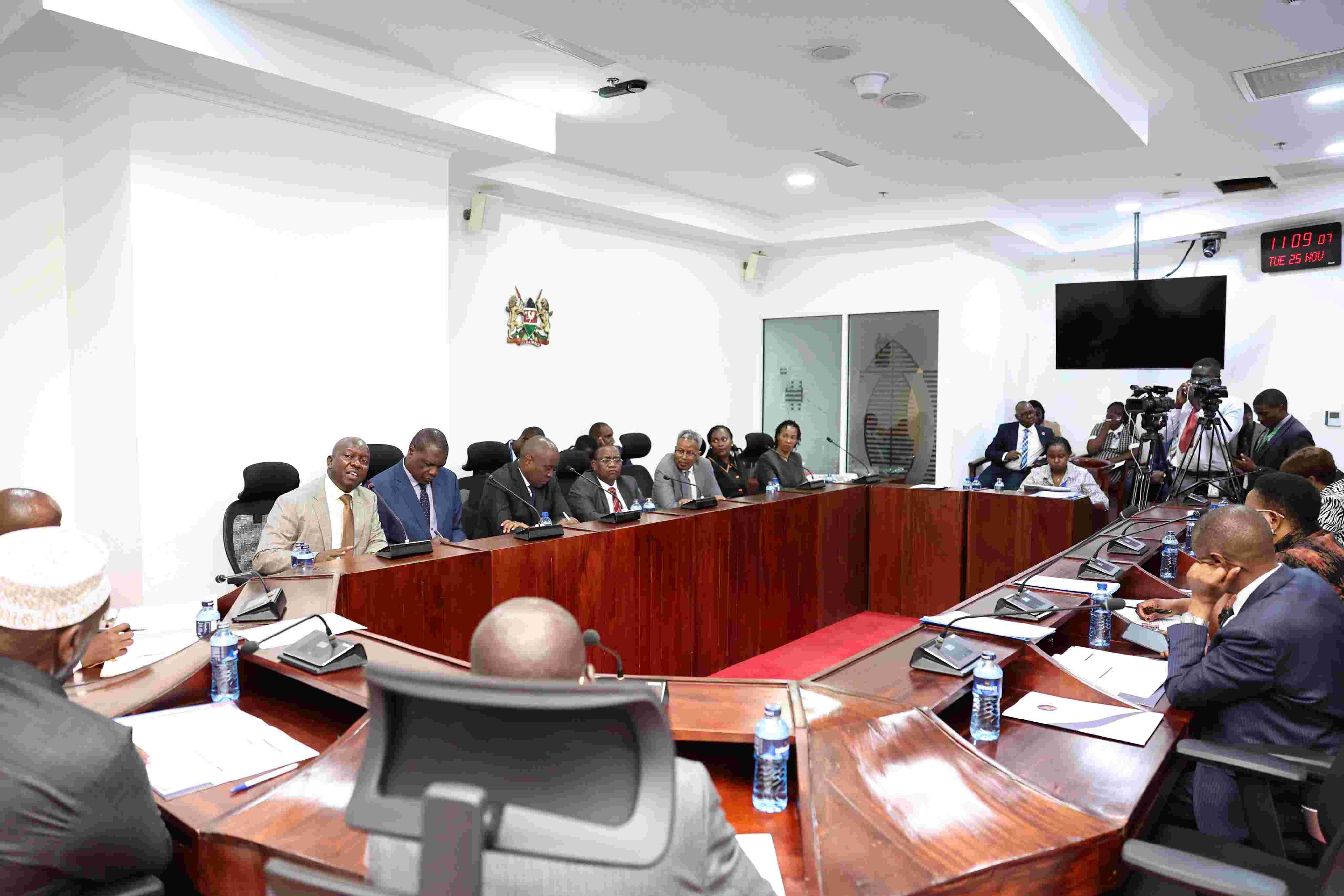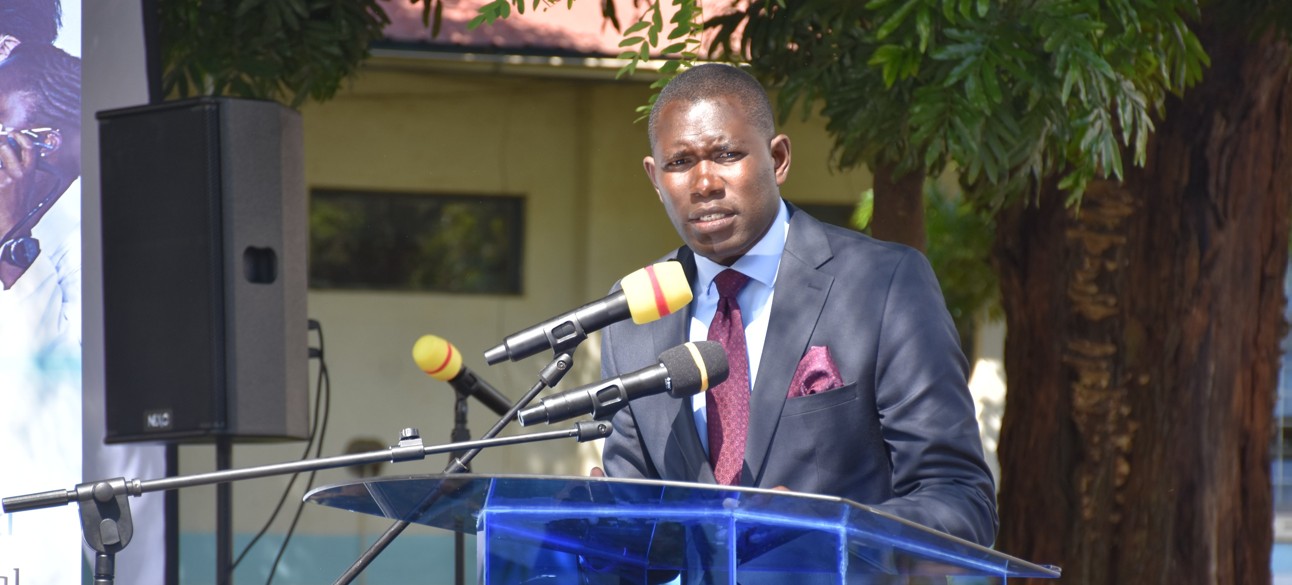MoH, faith-based organisations agree on six-point plan for UHC

Health Cabinet Secretary Aden Duale highlighted the importance of collaboration with faith-based organisations, emphasising their critical role in reaching communities across the country.
The Ministry of Health (MoH) and faith-based organisations have agreed on six strategic actions to strengthen the rollout of Taifa Care, Kenya’s Universal Health Coverage (UHC) program.
The agreement, reached during a consultative meeting on Tuesday with leaders from the Christian Health Association of Kenya, Mission for Essential Drugs, Kenya Conference of Catholic Bishops, and the Supreme Council of Kenya Muslims, outlines a comprehensive approach to improve healthcare delivery, enhance service efficiency, and ensure timely access to medical services for all Kenyans.
More To Read
- How Riruta’s upgrade to Level IV hospital is transforming healthcare across Dagoreti
- 1,567 injured police officers compensated, says Mwangangi as Senate pushes for transparency
- SHA announces refund process for mistaken M-Pesa premium payments
- Ruto announces increase in cancer treatment cover to Sh800,000 under SHA from December 1, 2025
- Governors sound alarm as 934 newborns die amid funding row in health sector
- Counties decry handling of hospitals under SHA, accuse Health Ministry of overreach
Health Cabinet Secretary Aden Duale highlighted the importance of collaboration with faith-based organisations, emphasising their critical role in reaching communities across the country.
“We appreciate the great role played by Faith-Based Organisations in the delivery of health services,” he said. The meeting focused on actions that would directly enhance service delivery, facility management, digitisation, and community engagement.
Under the agreement, the Ministry will visit the Mission for Essential Drugs and Supplies (MEDS) and oversee the launch of CT scan services at Tenwek and Dream Lands Hospitals, expanding access to advanced diagnostic technology.
The Social Health Authority (SHA) will assign dedicated relationship managers to every public, private, and faith-based health facility, and will organise joint clinics to improve service delivery and manage facility accounts efficiently.
Importantly, SHA committed to paying all claims on a First In, First Out basis, strictly adhering to the 90-day contractual period, ensuring healthcare providers receive timely reimbursements for services rendered.
Faith-based organisations will also submit lists of remote and underserved facilities that require devices for digitisation, ensuring that all areas benefit from the digital transformation of health services.
In addition, consortium platforms will be used to educate communities about the benefits of SHA and promote enrollment, with registration desks set up in churches and mosques to make the process accessible and convenient for citizens.
To ensure accountability and monitor progress, the chairperson of the consortium will hold quarterly meetings to review implementation and address any emerging challenges.
The agreement reflects a shared commitment between the Ministry and faith-based organisations to enhance Kenya’s healthcare system.
By focusing on technological upgrades, dedicated management, timely claim settlements, and community awareness, the partnership aims to make Universal Health Coverage more efficient, inclusive, and responsive to the needs of Kenyans.
Top Stories Today
